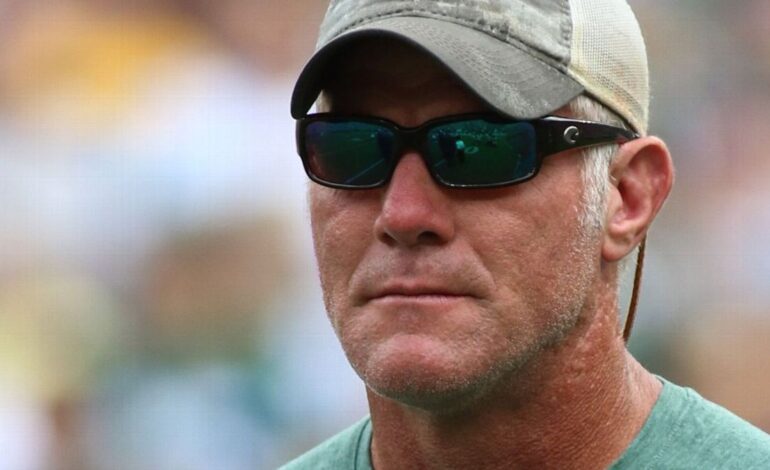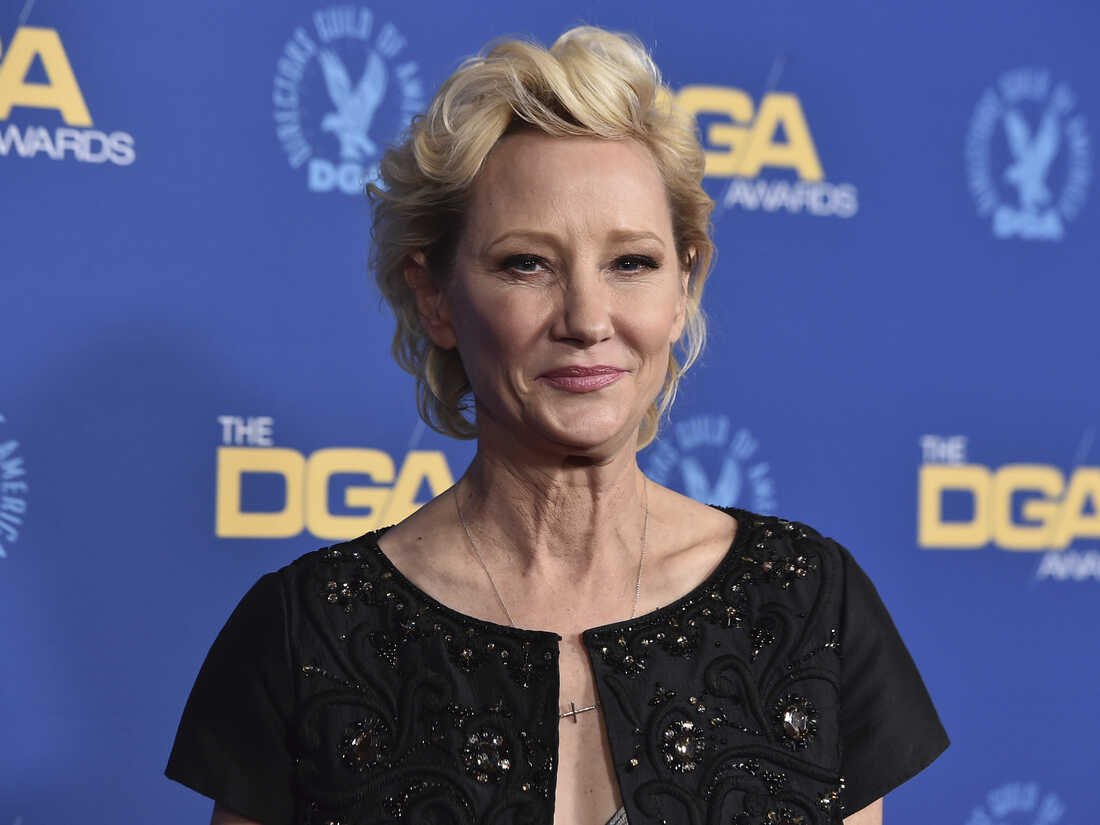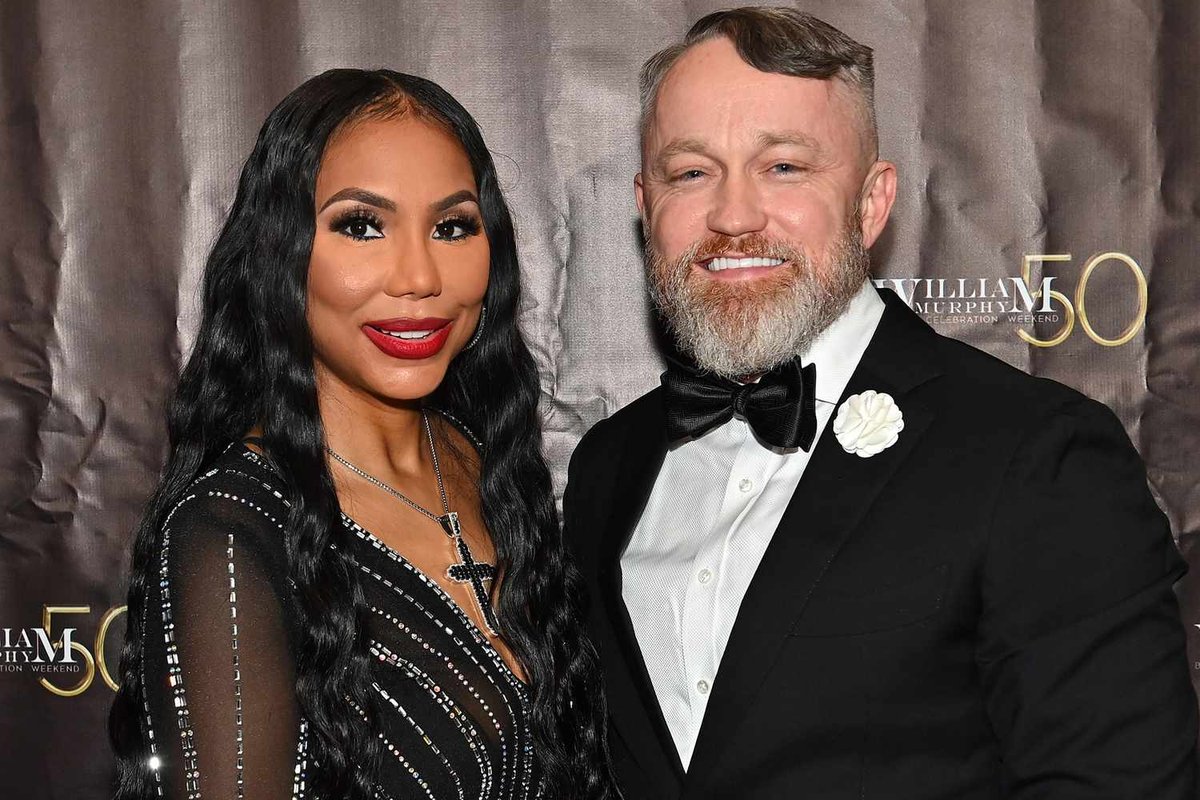Shannon Sharpe Demands Justice: Plans Defamation Lawsuit Over Rape Claims

When a sensational accusation meets a high‑profile response, the stakes are in the fine print. Drawing on court filings, public statements and legal precedent, this analysis unpacks Shannon Sharpe’s vow to sue his rape accuser for defamation.
From the outset, Sharpe’s camp has been unequivocal: the former NFL star and current FS1 analyst denies all allegations and accuses the unnamed plaintiff of fabrications designed to damage his reputation. According to a cease‑and‑desist letter reviewed by People Magazine, Sharpe’s legal team demanded a full retraction within ten days—failure to comply would trigger a defamation suit seeking unspecified damages. This mirrors other high‑profile defamation cases, such as E. Jean Carroll’s litigation against Donald Trump, where the plaintiff successfully argued actual malice.
Timeline of Events and Key Filings
The allegation surfaced April 20 via TMZ’s exclusive report, prompting widespread media coverage. Within 48 hours, Sharpe’s attorneys at Goldberg, Griffin & White issued the demand letter, citing Texas defamation statutes that require public figures to prove “actual malice”—that the accuser knowingly made false statements or acted with reckless disregard for the truth (Texas Civil Practice & Remedies Code §73.002). No formal lawsuit has been filed yet, but sources confirm Sharpe’s camp is finalizing exhibits, including text messages and witness affidavits.
Legal Hurdles for Both Sides
Legal experts note the uphill battle for the accuser. As a public figure, Sharpe raises the bar for defamation: “She must show clear and convincing evidence that Sharpe’s team knew the claims were false,” explains defamation specialist Rachel Adler in a recent column for The Washington Post. Conversely, if Sharpe pursues damages, he’ll need to quantify reputational harm—lost endorsements, show cancellations and emotional distress. Insiders at ESPN and FS1 report sponsors are monitoring developments but haven’t pulled support—yet.
Impact on #MeToo and Media Landscape
This clash underscores tensions within the #MeToo era: allegations can swiftly alter careers, yet false claims pose real legal risks. Media outlets face ethical dilemmas balancing public interest against potential defamation. As journalism professor Mark Feldman told Reuters, “Editors must weigh the veracity of anonymous sources, especially when a public figure’s entire livelihood is on the line.”
What to Watch Next
Will Sharpe formally file the lawsuit in Texas civil court, or secure a private settlement? Could this case reshape how networks vet on‑air talent and manage crisis communications? We’ll track depositions, witness testimony and any pretrial motions that could set new defamation precedents.
That wraps up today’s analysis—stay informed, stay critical, and follow the evidence as this story unfolds.
Sources: Celebrity Storm and TMZ, People Magazine, The Washington Post, Reuters
Attribution: Creative Commons Licensed




